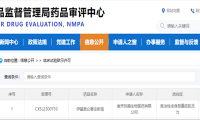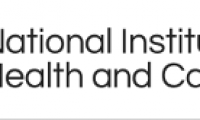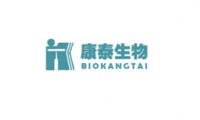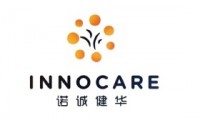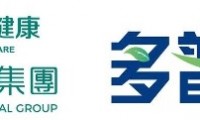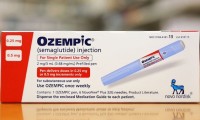-
IASO Bio’s IND application for new autoimmune indication of Equecabtagene Autoleucel Injection approved
- Source: drugdu
- 327
- January 27, 2024
-
NICE recommends two AI-powered software tools for stroke diagnosis in NHS
- Source: drugdu
- 284
- January 27, 2024
-
FDA Warns Drugmakers of Additional Cancer Risks Associated with CAR T-Cell Therapy
- Source: drugdu
- 264
- January 26, 2024
-
Eli Lilly Sounds Off as Early Data Show How Gene Therapy Can Restore Hearing
- Source: drugdu
- 470
- January 26, 2024
-
Announcement on the Acceptance of Application for Clinical Trial of 20-valent Pneumococcal Polysaccharide Conjugate Vaccine
- Source: drugdu
- 293
- January 26, 2024
-
INNOCARE Pharmaceutical Co., Ltd. voluntarily discloses the announcement on the progress of ICP-723 clinical trial
- Source: drugdu
- 399
- January 26, 2024
-
Major update of the SME user guide
- Source: drugdu
- 294
- January 26, 2024
-
Gilead’s Tecartus gets revised safety demand amid FDA’s push for CAR-T boxed warnings
- Source: drugdu
- 243
- January 26, 2024
-
Reuters
- Source: drugdu
- 457
- January 26, 2024
your submission has already been received.
OK
Subscribe
Please enter a valid Email address!
Submit
The most relevant industry news & insight will be sent to you every two weeks.





